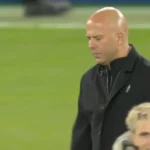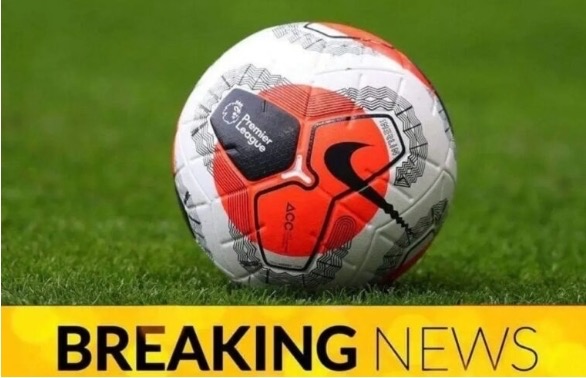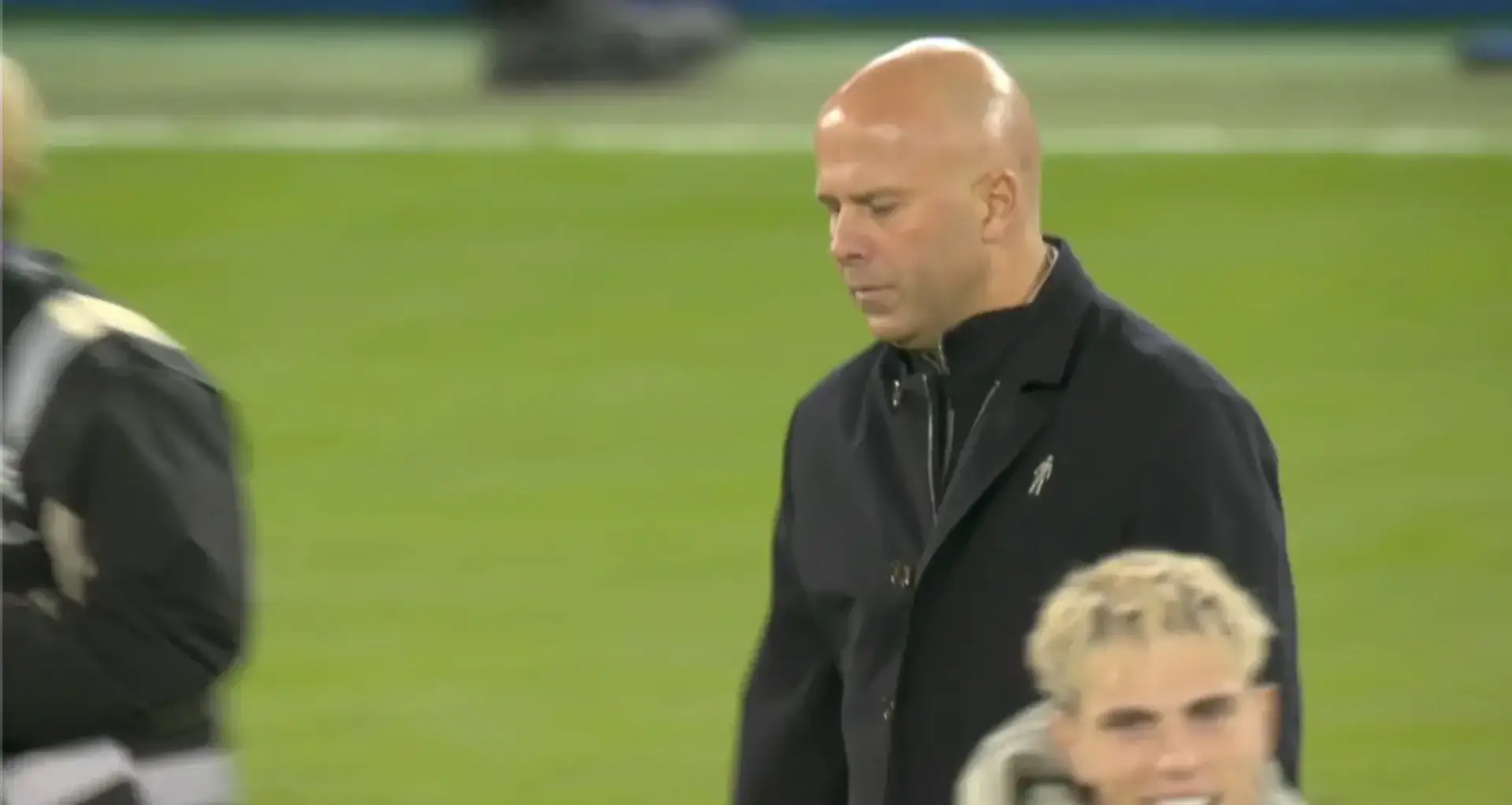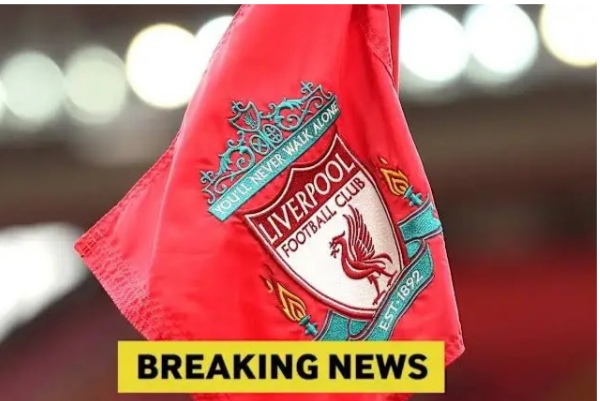Manchester United’s turbulent start to the season has prompted endless debates about tactics, player positions, and whether the squad is being used to its full potential. At the centre of those discussions is captain Bruno Fernandes, a player whose influence is undeniable but whose role has come under scrutiny in Ruben Amorim’s system.
This week, United legend Rio Ferdinand weighed in with a blunt assessment. Speaking about the idea of deploying Fernandes in a deeper role, Ferdinand questioned the logic and impact of such a move, warning that it could neuter one of United’s most important assets.
“He can do it,” Ferdinand admitted, “but are you getting the best Bruno? That’s like saying I’m gonna play Haaland right wing. Would City play Haaland right wing? Would Arsenal play Declan Rice at right-back? Saka at left-back? No.”
The comparison was sharp — and deliberate. Just as Pep Guardiola would never compromise Erling Haaland’s goalscoring instincts by pushing him wide, or Mikel Arteta wouldn’t strip Bukayo Saka of his natural attacking flair by forcing him to defend, Ferdinand argued that Fernandes should be deployed in his most effective position: high up the pitch, influencing play as a No.10.
The Heart of the Debate: What Is Bruno Fernandes?
Bruno Fernandes is, by nature, a creator. Since his arrival at Old Trafford in January 2020, he has been the heartbeat of United’s attack, contributing goals, assists, and moments of inspiration when the team has otherwise looked lifeless.
His vision, risk-taking, and ability to find space between the lines make him a natural No.10 — the kind of player who thrives when free to roam just behind the striker.
Yet in recent weeks, Fernandes has been seen operating deeper, tasked with helping build play from midfield. While he is technically capable of doing so, Ferdinand’s point is that this comes at a cost. By dragging Fernandes further away from goal, United are blunting their own attacking weapon.
Ferdinand’s Comparisons: Why They Matter
The power of Ferdinand’s words lies in his analogies. By referencing Haaland, Rice, and Saka, he highlighted the absurdity of misusing a player in a way that undermines their best attributes.
- Haaland at right wing: A striker who scored 52 goals in a season would never be pushed wide, because it neutralises his greatest strength — his finishing.
- Rice at right-back: Arsenal’s midfield anchor provides control, defensive solidity, and energy in the middle. Moving him out wide would waste his influence.
- Saka at left-back: Arsenal’s most dangerous winger thrives in the final third. Putting him in defence would strip him of his creativity and goalscoring threat.
In Ferdinand’s view, playing Fernandes deep is in the same category: possible, but counterproductive.
Amorim’s Dilemma
The tactical question for Ruben Amorim is whether he can find the balance to accommodate Fernandes without sacrificing structure. Amorim’s system demands energy, pressing, and positional discipline. But it also requires someone to link midfield and attack — a role Fernandes is best suited for.
Amorim has appeared reluctant to fully commit to building the team around Fernandes in a No.10 role. Some matches have seen him pushed wider or deeper, leaving fans and pundits frustrated. The concern is that in trying to impose his tactical blueprint, Amorim is failing to get the best from his most important player.
United’s Lack of Balance in Midfield
Part of the problem lies in United’s midfield composition. Kobbie Mainoo, though hugely talented, is not a natural defensive midfielder. Casemiro’s decline has left a vacuum in the holding role. This has forced Amorim to experiment, shuffling Fernandes deeper to help with build-up and defensive transitions.
However, this creates a new problem: with Fernandes further back, United lose creativity in the final third. For a side already struggling to create and convert chances, this feels like a self-inflicted wound.
Ferdinand’s comments reflect what many fans have observed: the team is compensating for a structural flaw in midfield by misusing its best attacking asset.
The Leadership Factor
Beyond his technical qualities, Fernandes is United’s captain. His passion, intensity, and will to win are most visible when he is close to the action — pressing defenders, demanding the ball, and creating chances.
When he is dragged into deeper zones, not only does United’s attack suffer, but his leadership presence becomes less effective. He influences games most when he is leading the charge, not recycling possession between centre-backs.
Ferdinand’s comments therefore carry a double meaning: don’t just protect Fernandes as a footballer, protect him as the team’s emotional driver.
The Bigger Picture: United’s Identity Crisis
Ferdinand’s frustration also taps into a broader issue: Manchester United’s lack of clear footballing identity. Under Amorim, the team has struggled to balance defensive structure with attacking creativity. Fernandes’ shifting role symbolises that confusion.
If the club wants to maximise its strengths, it needs to commit to a system that frees its best players, rather than shackling them. That means finding a reliable defensive midfielder to anchor the team, allowing Fernandes to stay where he belongs — high up the pitch, dictating play.
Until then, United risk wasting the one player who consistently delivers moments of quality.
A Lesson From Rivals
Look at United’s biggest rivals. City build their entire system around unlocking Haaland’s finishing. Arsenal’s midfield is structured to allow Rice to dominate centrally and Saka to thrive on the wing. Liverpool’s front line is designed to create space for Mohamed Salah to inflict damage.
These teams maximise their best players. United, by contrast, too often neutralise theirs. Ferdinand’s analogy wasn’t just about tactics — it was a damning indictment of United’s strategic failings compared to their rivals.
What Needs to Change
If United are to turn their season around, two things must happen:
- Rebuild the midfield base: Signing or developing a top-class defensive midfielder would free Fernandes to play further forward, where he is most dangerous.
- Commit to Bruno as a No.10: Rather than reshuffling him based on system demands, the team should be built to maximise his creativity, not compromise it.
Until then, United’s performances will continue to feel disjointed, and the debate over Fernandes’ role will persist.
Conclusion: Ferdinand’s Warning Shot
Rio Ferdinand’s analogy was more than a throwaway line. It was a warning. Manchester United cannot afford to waste Bruno Fernandes by playing him in roles that dilute his influence.
Yes, he can play deeper. But as Ferdinand rightly said, the question is not about possibility — it is about optimisation. Would any elite club willingly misuse their best players? Would City blunt Haaland? Would Arsenal neutralise Rice or Saka? The answer is obvious.







